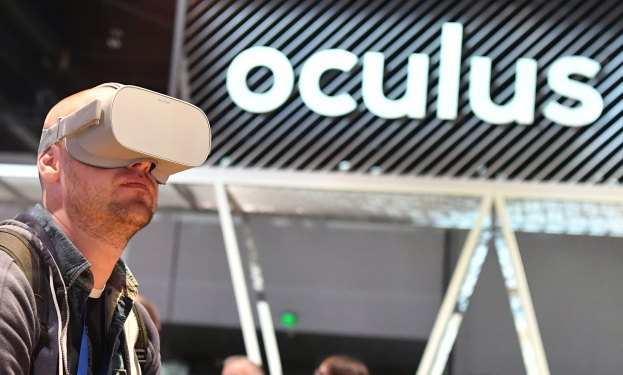The article discusses the state of virtual reality (VR) technology and Meta’s success in the market. Here are some key points:
- Meta’s dominance: As of Q2 2023, Meta had a 50.2% share of the VR headset market, according to IDC.
- Sales figures: Meta is estimated to have sold 20 million headsets as of early 2023, with the Quest 2 still outselling the Quest 3 at the end of the year.
- Validation for the space: Apple’s announcement of the Vision Pro in WWDC 2024 has been seen as validation for the VR market by Meta and other manufacturers.
- Content and accessibility: The author notes that while Apple is targeting business customers with a higher-priced headset, Meta is committed to democratizing access to VR through lower prices and more affordable headsets.
- Impact of pandemic: The pandemic has de-stigmatized virtual activities, making them more mainstream and accepted.
The article concludes by reflecting on Mark Zuckerberg’s 2014 comment about the potential for VR to allow people to enjoy experiences like being at a sports game or consulting with a doctor remotely without requiring a headset. While this hasn’t become the reality yet, the author notes that content is becoming more important in the VR market, and Apple’s entry into the space may be a catalyst for further innovation.
Some possible implications of these trends include:
- Increased adoption: As VR technology becomes more affordable and accessible, more people may start using it for various applications.
- Competition and innovation: The entry of new players like Apple may lead to increased competition in the market, driving innovation and better products.
- New business models: Meta’s focus on democratizing access to VR through lower prices and content could lead to new business models and revenue streams.
Overall, the article suggests that while we have not yet reached the point where VR is ubiquitous, progress is being made, and the industry is likely to continue evolving in the coming years.



